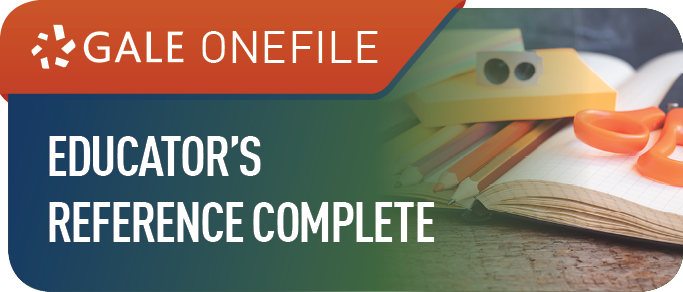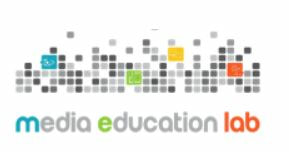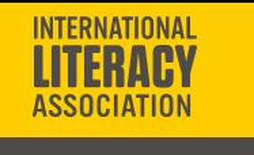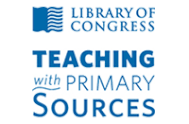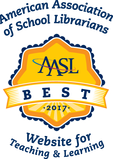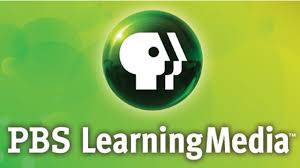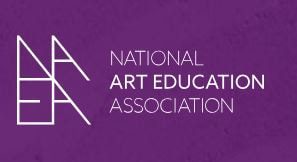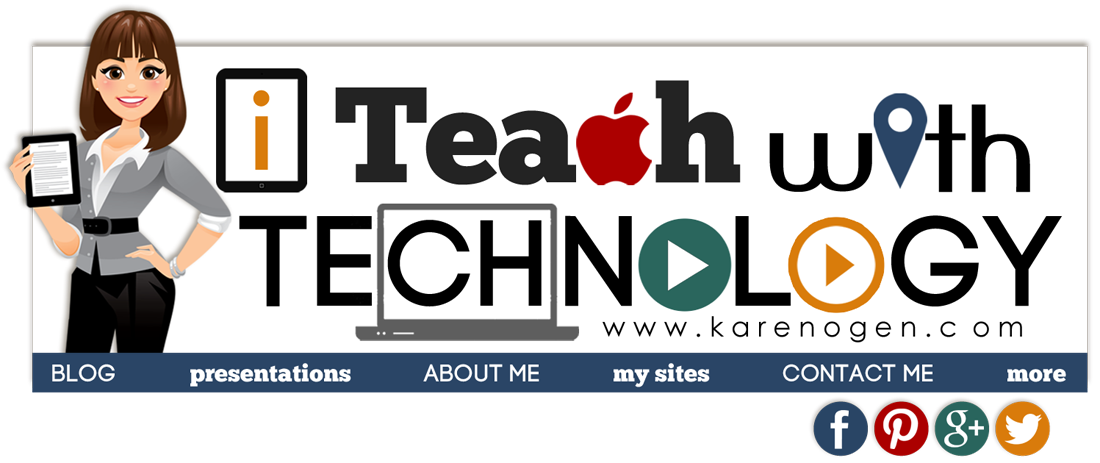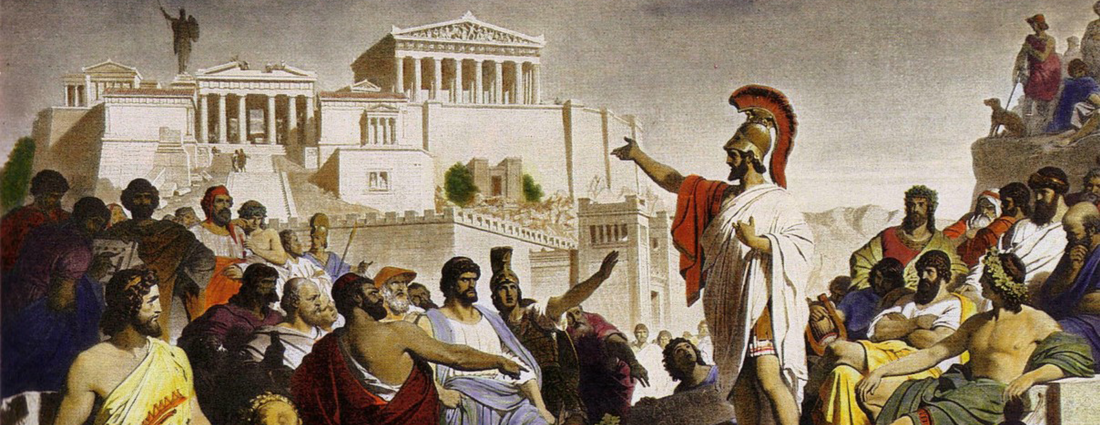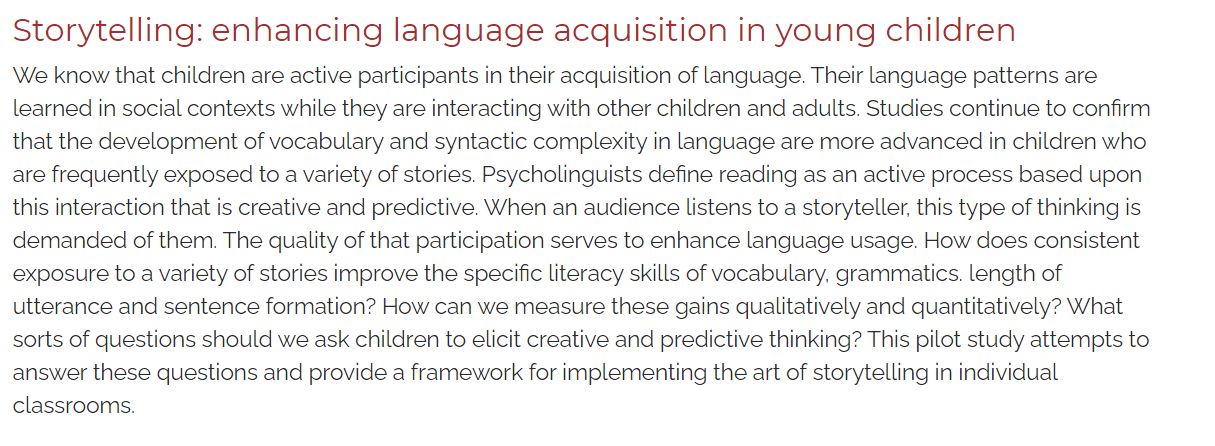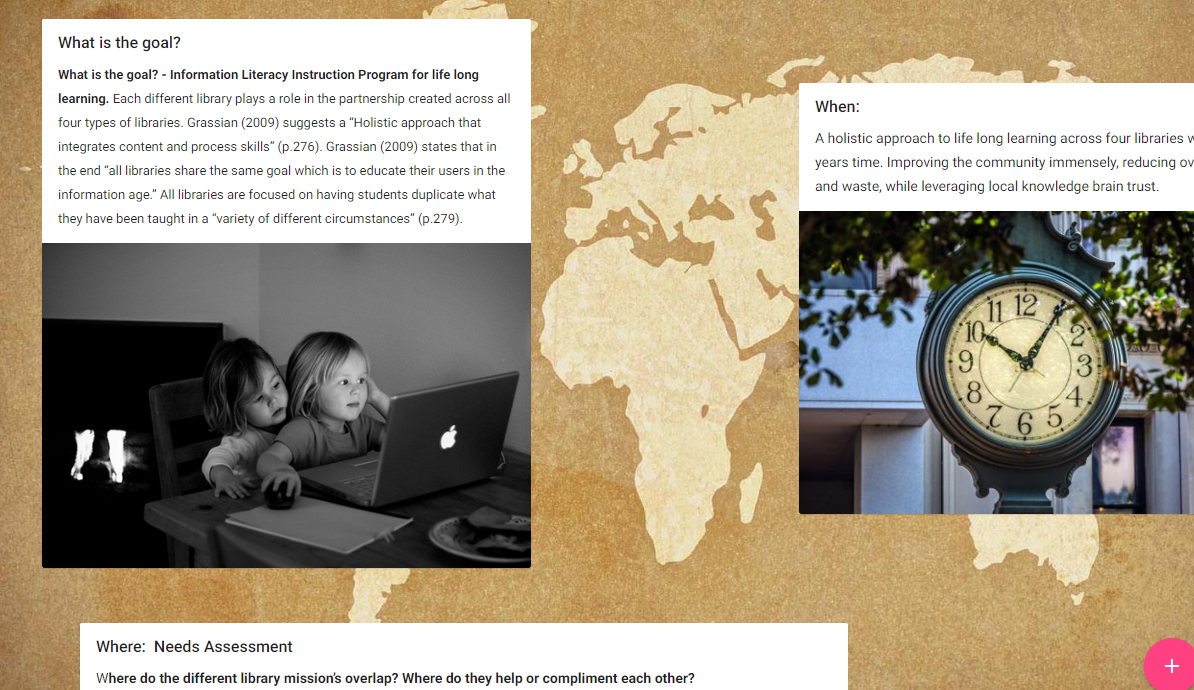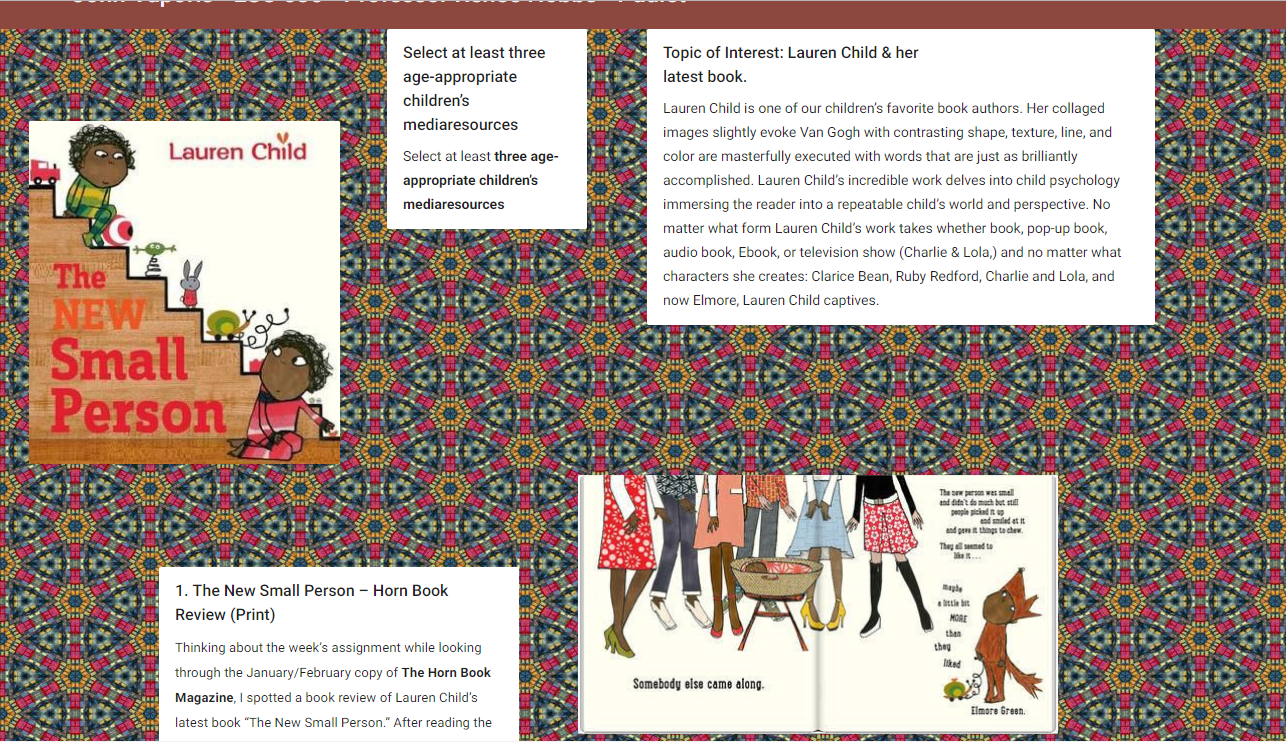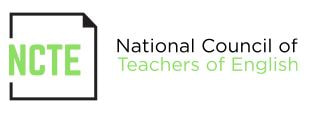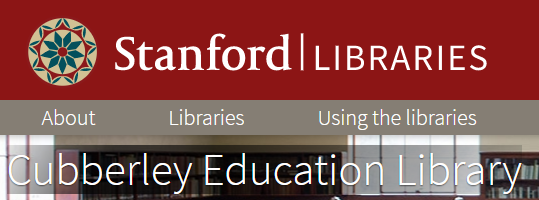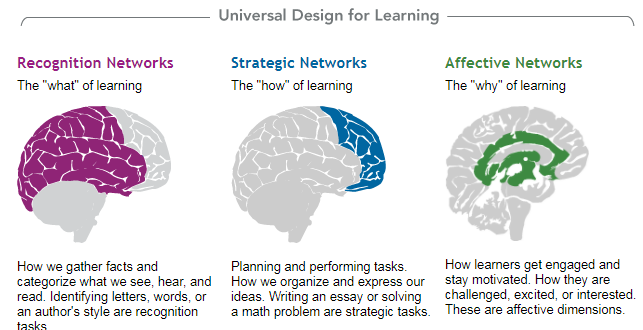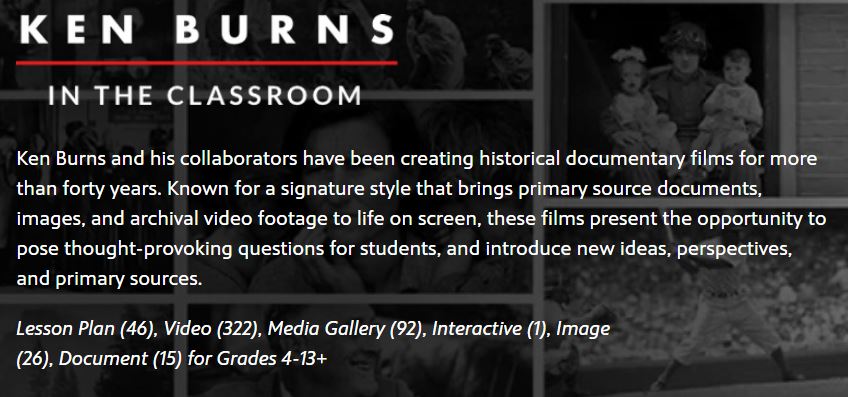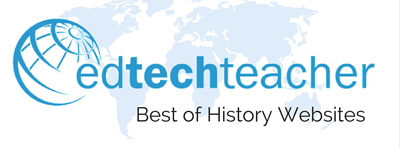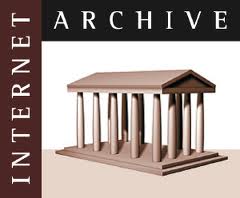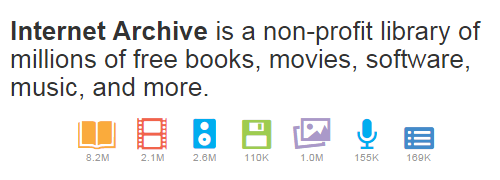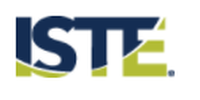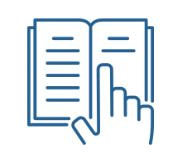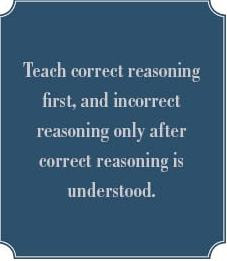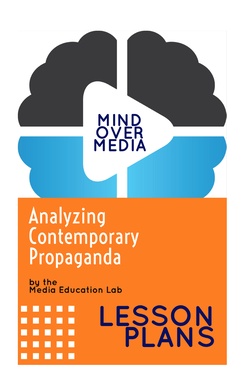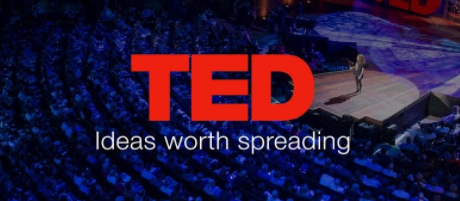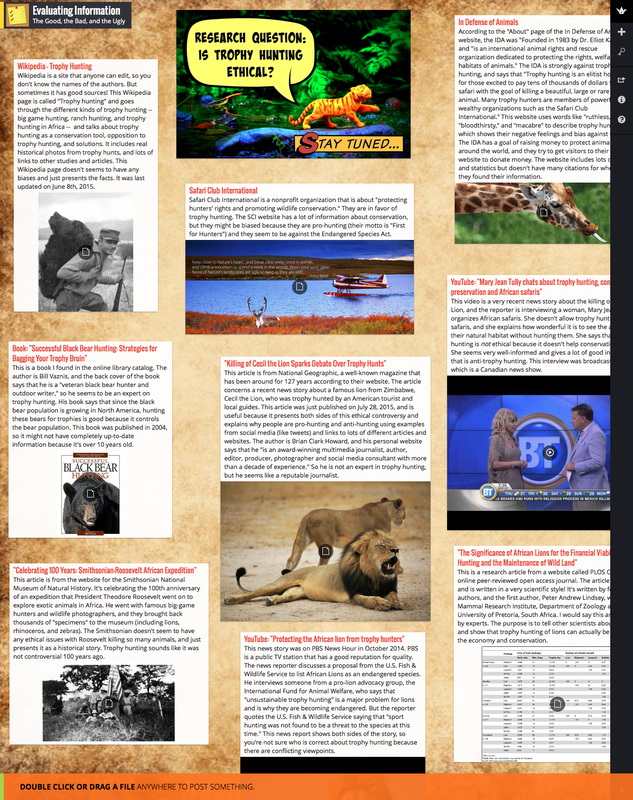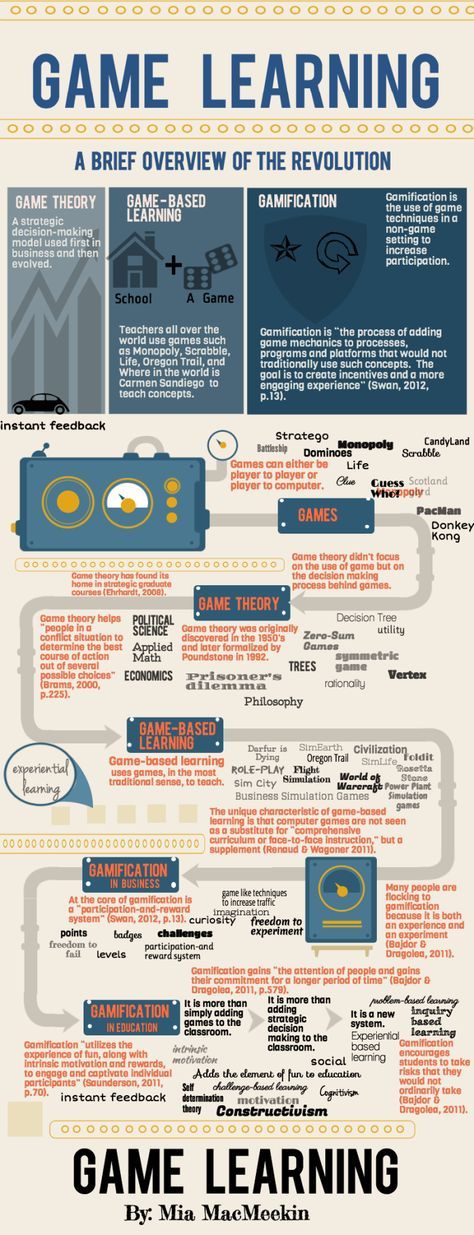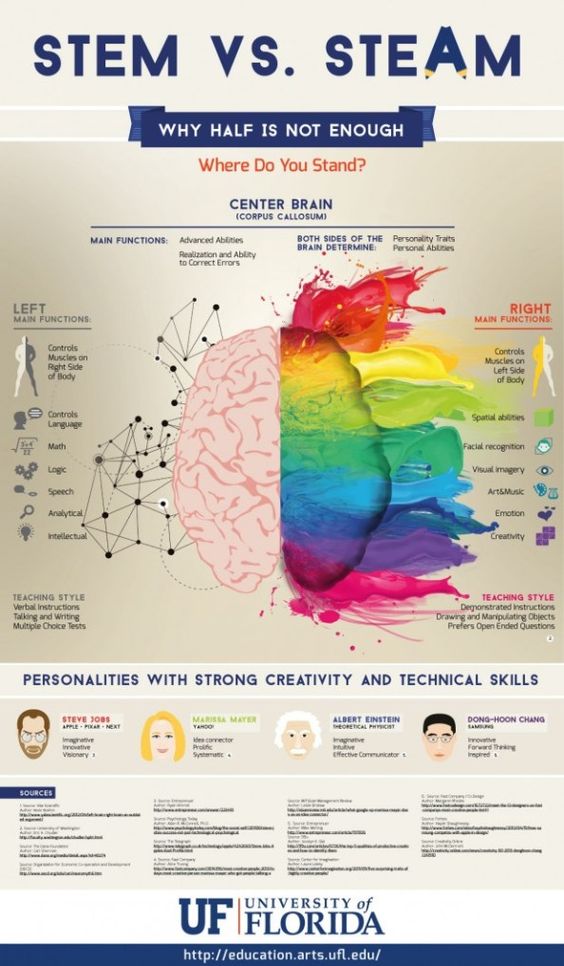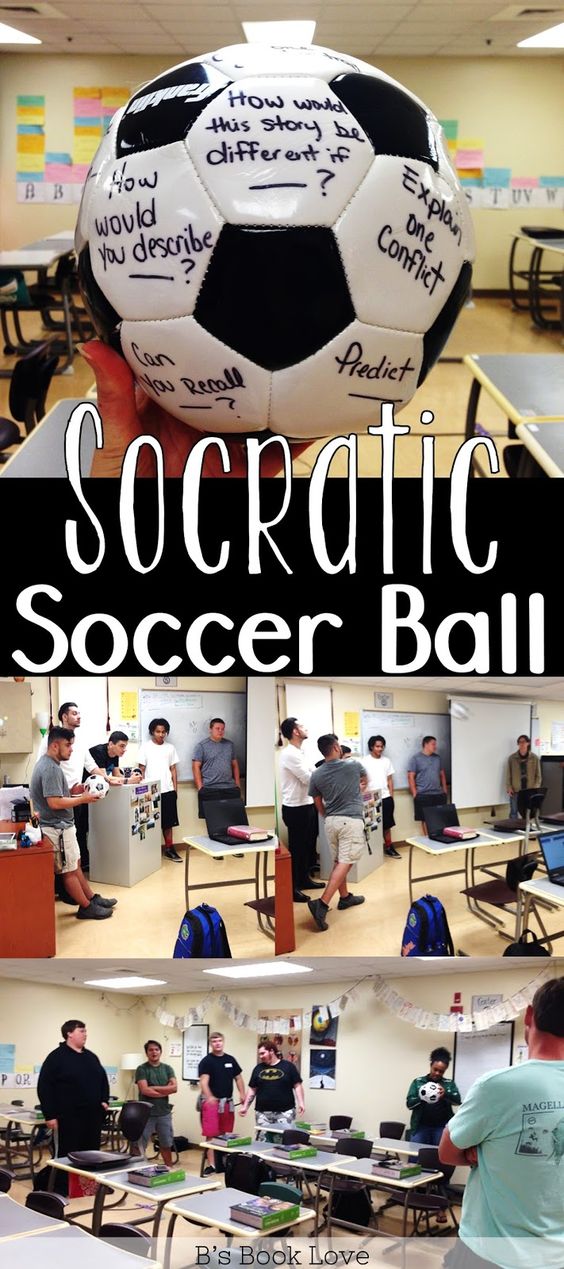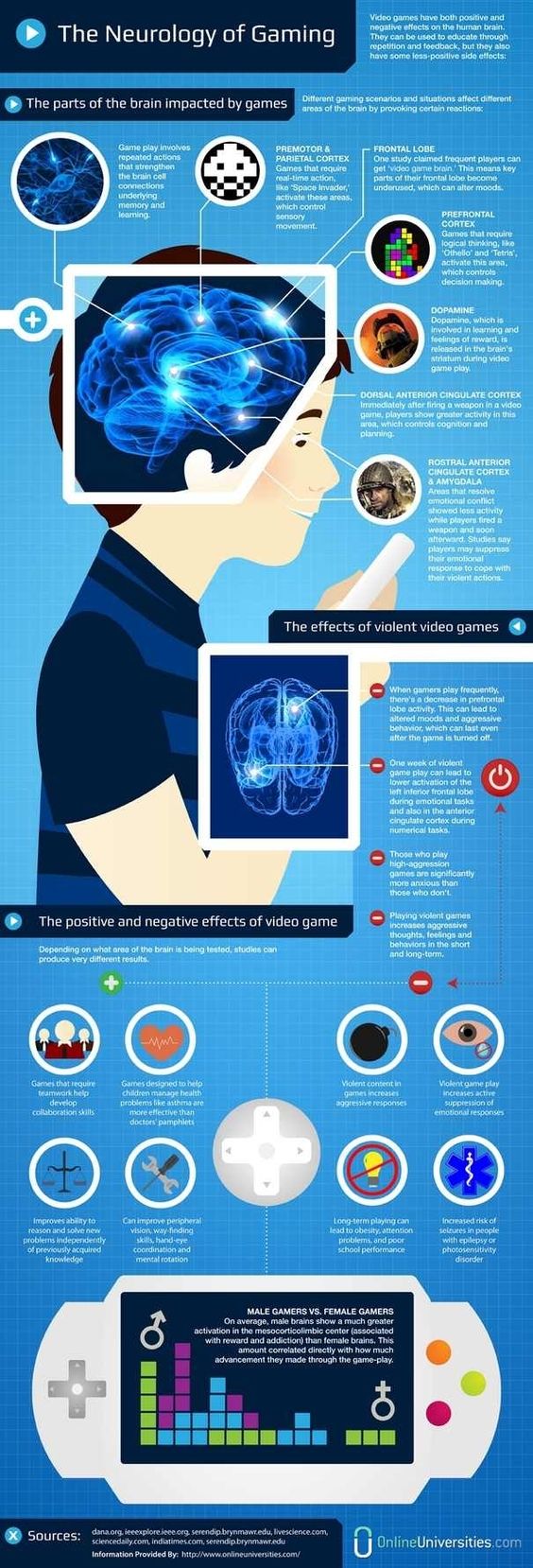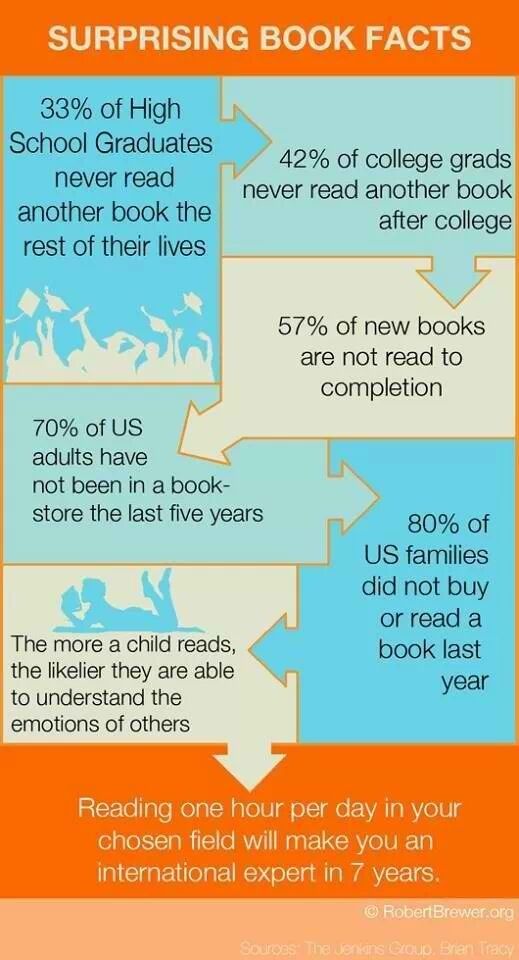Teacher Resources
Teachers if there is an eBook that you can't find. Please email me I might be able to get it for you on one of the "Librarian Only" sites.... [email protected] |
Padlet is an application to create an online bulletin board that you can use to display information for any topic. Easily create an account and build a new board. You can add images, links, videos, and more. Examples Below.
What is Padlet?
Padlet is an application to create an online bulletin board that you can use to display information for any topic. Easily create an account and build a new board. You can add images, links, videos, and more.
Padlet is an application to create an online bulletin board that you can use to display information for any topic. Easily create an account and build a new board. You can add images, links, videos, and more.
Have Your Students Use Padlet for an Assignment
Works Cited
"101 Free Tech Tools For Teachers." SimpleK12 Teacher Learning Community | Education Technology - SimpleK12, images.simplek12.com/img/marketing/ebooks/101FreeTechTools.pdf. Accessed 28 Sept. 2017.
"B's Book Love : How to Liven Up Your Socratic Seminar." B's Book Love, Teachers Pay Teachers, 2017, bsbooklove.blogspot.com/2017/01/how-to-liven-up-your-socratic-seminar.html. Accessed 22 Sept. 2017.
"The Stories Behind the World’s Strangest Flags | Infographic, Flags and History." Pinterest, Pinterest, www.pinterest.com/pin/131871095318343185/. Accessed 21 Sept. 2017.
"Surprising Reading Facts (Infographic)." Robb Brewer, Robert Brewer, 2017, www.robertbrewer.org/surprising-book-facts-infographic/. Accessed 22 Sept. 2017.
Valenza, Joyce. "A Field Guide to an Evolving Species." Classroom.com. Classroom Connect, 1 Apr. 2002. Web. 11 Nov. 2015. <http://faumd403.pbworks.com/f/SchoolLibrarianguide.pdf>.


